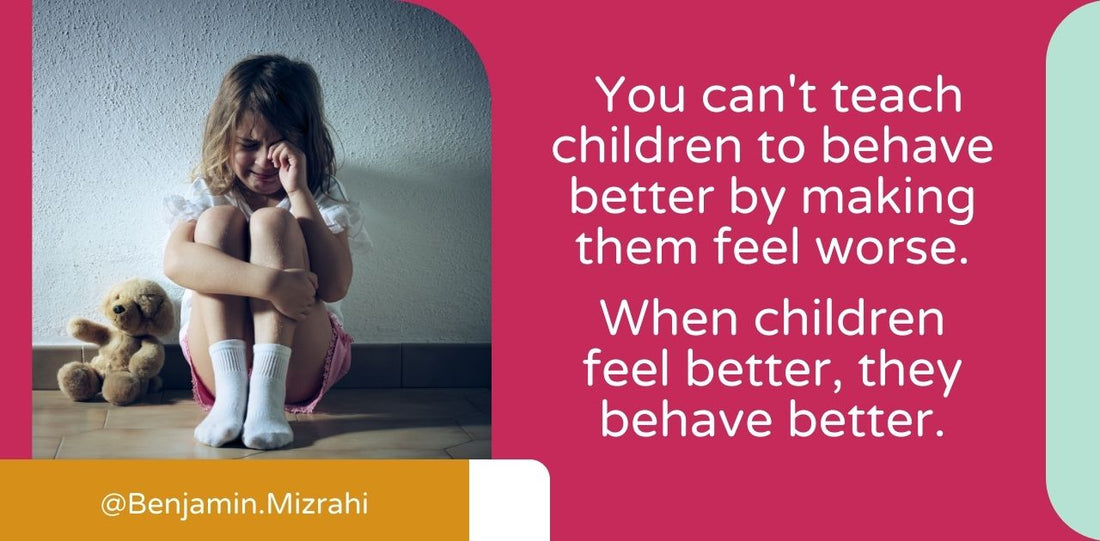
Raising a Child Who Wants to Behave
Share
Children quickly learn how to behave when they get positive, consistent guidance from you. This means giving your child attention when they behave well, rather than just applying consequences when your child does something you don’t like.
Here are some practical tips for putting this positive approach into action.
💖 Believe in Your Child’s Future
It’s not easy to accept that there’s something not quite “normal” about your child. But a child who senses his parents’ resentment — and their pessimism about his prospects — is unlikely to develop the self-esteem and can-do spirit he’ll need in order to become a well-adjusted adult.
Treat your kid as if he were already the person you would like him to be. That will help him become that person.
💖 Be a Good Role Model
Parents are a child’s most influential role model, so think carefully about your own behavior. If you’re unable to control yourself, how can you expect your child to exercise self-control?
It’s perfectly normal to feel angry at your child from time to time. It’s not OK to continually shout at her. You wouldn’t dream of screaming and swearing at friends or coworkers, so you know you can control your anger if you must.
💖 Don’t Be Too Quick to Say No
All children need to be told “no” at certain times — to keep them from doing something dangerous. But many parents say “no” reflexively. And a kid who hears “no” a lot is more likely to rebel — especially if she’s impulsive to begin with.
Smart parents know when to say “no,” and when it makes more sense to take a deep breath and answer in the affirmative — and avoid a nasty confrontation.
💖 Pay Attention to Positive Behavior
Many parents overlook all the positive ways in which their child behaves. The resulting negativity can cast a pall over the household that affects every aspect of life.
💖 Anticipate Potentially Explosive Situations
Parents spend a lot of time in reactive mode instead of thinking and planning ahead. A simple plan is all it takes to keep a positive experience from turning negative for all concerned.
Whatever you do, be consistent. A last-minute change in schedule or an interruption of a familiar routine can wreak havoc with a child who already feels like he spends most of his time off-balance.
💖 Don’t Buy into the Negative Remarks
It’s no fun to hear others describe your child as “slow” or unmotivated. But don’t let negative remarks deter you from advocating for his educational needs. After all, kids with ADHD can succeed if they get the help they need.
💖 Never Punish for Unintentional Misdeeds
Imagine telling your child to make his bed. Now imagine finding him, minutes later, lying on his unmade bed playing cards. What should you do?
The best approach might be to remind your child what you want him to do. Punishment makes sense if it’s clear that your child is being defiant — if he refuses to make the bed. But, in many cases a child with ADHD fails to comply simply because he became distracted.
💖 Don’t Label Your Child
Kids who repeatedly hear bad things about themselves come to believe these things. No matter how frustrating your child’s behavior, never call him “lazy,” or anything else that might be hurtful.
Bear in mind that some of the problem behaviors you ascribe to ADHD may be common to all children of that age. It’s helpful to read up on the stages of childhood development.
Coach Benjamin Mizrahi. Educator. Learning Specialist. Family Coach. Father. Husband.
More articles on Mr Mizrahi's Blog - Benjamin Mizrahi
